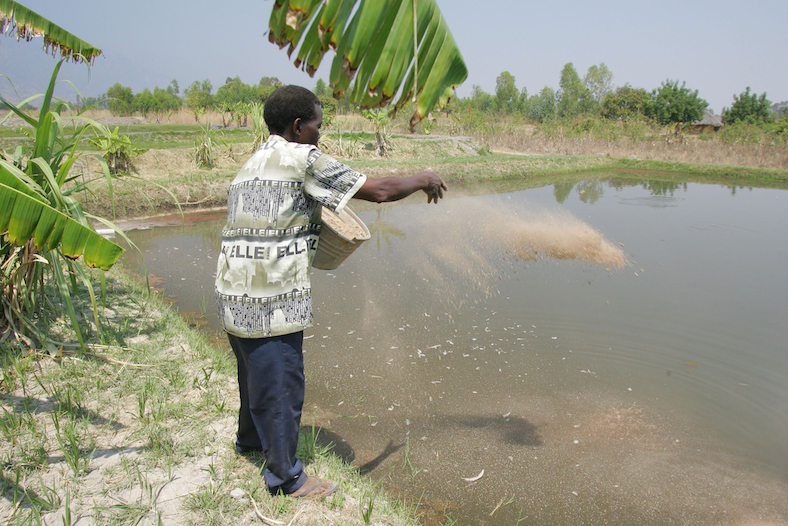
Black soldier fly (BSF) farming represents a viable option for enhancing productivity of aquaculture value chains in Malawi. This project’s focus on fish-feed production will integrate efforts to promote smaller scale BSF production (small and medium fish farmers) with those advancing larger scale production in Africa. Key parameters, such as optimal BSF-suitable waste streams, feed ratios, and cost-effectiveness, for fish-meal replacement ratios, potential effects on fish production yield, and value chain linkages between BSF and aquaculture production have not been tested in the field for small- and medium-scale producers in Feed the Future target and aligned countries. The goal of this project is to fill the empirical knowledge gaps that currently preclude effective implementation of BSF as affordable aquaculture feed in sustainable, nutrition-sensitive aquaculture value chains, while developing a network to expand knowledge dissemination and collaborative partnerships from small- to large-scale BSF production to benefit fish sectors. To achieve this goal, the project will couple work with small- and medium-scale farmers, a medium-scale fish farmer, and BSF producers (targeting female and youth producers) to conduct experiments to evaluate:
- Costs and conversion ratio of propagating BSF and processing into aquaculture feed.
- Feasibility and cost-effectiveness of waste streams (spent grain, market waste) for BSF farming.
- Changes in pond yield and productivity resulting from different mixes of BSF meal in fish feed.
- Existing aquaculture value chains and potential income gains from increased aquaculture cost-efficiency.

